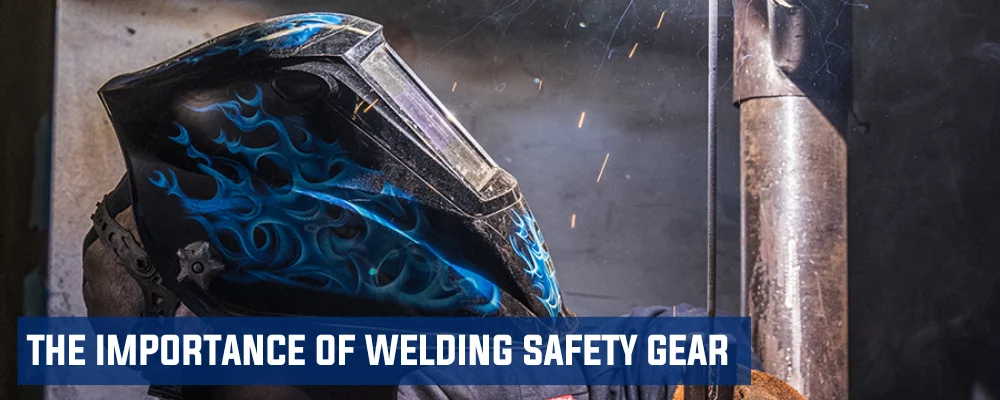Do you want to help homes and businesses get wired for sound, sight, and light? Are you interested in a career as an electrician?
Electrical trade school is the first step to a future as an electrician. In the pursuit of a diploma, students in an electrical program will be able to take a curriculum of classes, like Electrical Theory, Mathematics, and Load Calculations, needed to develop an understanding of the electrician trade.
These courses are included in the Delta Technical College (Delta Tech), Industrial, Commercial & Residential (I/C/R) Electrician Program, which offers students the skills and training necessary for entry-level employment as electricians, electrician’s helpers, or electrical apprentices.
What Should You Expect in Electrical Trade School?
In the Delta Tech I/C/R Electrician Program students will have the opportunity to learn in a hands-on environment that includes classroom instruction. Some of their coursework will include:
- Basic electrical theory, which includes the understanding of voltage, current, resistance, and power, DC, AC, and other fundamentals of electricity.
- Mathematics, wiring, load calculations, motors, and electrical controls.
- Familiarity with field and shop safety.
The I/C/R Electrician Program takes seven months to complete for a total of 30 credits. This includes 750 clock hours of classroom instruction and hands-on experience. Students are required to also complete 187.5 additional hours in the field. The I/C/R Electrician Program is offered at the Horn Lake, MS and Ridgeland, MS campus, where daytime and evening classes are available.
How Do You Get Certified After Electrical Trade School?
In many states, the final step in preparing for a career as an electrician is acquiring an electrician’s license.* This usually involves an exam administered by the state electrical board. An exam will typically include testing your understanding of local and regional building codes and the National Electrical Code.
After completing the diploma program and any necessary licensing, electricians can install, maintain, and repair electrical power, lighting, and control systems in homes, businesses, and factories.
Specific contractors, when hiring electricians, may ask for further certifications, which may include a master electrician designation. Obtaining a master electrician designation may be beneficial for an electrician’s career growth, because becoming a master electrician may allow an electrician to work without supervision, work on government contracts, hire other electricians, and perform more complex jobs, from planning to supervision and construction.
It usually takes four to eight years of work experience, plus education hours, to achieve the rank of master electrician.
Some electricians choose to specialize by obtaining specialty licensures, available in certain jurisdictions including New York City. The specialties may include maintenance electrician, outside wireman, solar, elevator/escalator, electrical signs, HVAC, residential/commercial, and low voltage.
Obtaining experience and certifications in areas that may be growing in popularity, such as green homes, wireless, and surround sound, can expand the opportunities in an electrician’s career.
* Not all states require further state licensure after completing a diploma program, although some local municipalities may.
Interested in Learning More About DTC?
Fill out the form below to receive info about our career training programs.
Is Being an Electrician Right for You?
The job outlook for electricians in the next 10 years is estimated to include an employment growth of 6%, which means that electricians are in demand. Electricians may work full-time, possibly including weekends, evenings, and during emergency situations like blackouts. There is some physical risk involved in becoming an electrician, including electric shock, burns, cuts, and falls.
Choosing a Career as an Electrician
If you choose to become an electrician, a robust, hands-on training program that prepares you for an entry-level career as an electrician, electrician’s assistant, or electrical apprentice, is an important part of launching your new career. After you complete the program, the skills you’ve learned will serve you well as you navigate all the options now available to you as an electrician.
If you think Delta Tech’s I/C/R Electrician Program is right for you, contact the Delta Tech Admissions Team to learn about enrollment.
[1] https://code-electrical.com/theelectricianlicense.com
[2] https://www.bls.gov/ooh/construction-and-extraction/electricians.htm
[3] https://www.esasafe.com/licensing/master-electrician/licensing
[4] https://www1.nyc.gov/site/buildings/industry/master-electricians-become.page
[5] https://www.bls.gov/ooh/construction-and-extraction/electricians.htm#tab-6
[6] https://www.bls.gov/ooh/construction-and-extraction/electricians.htm#tab-3



